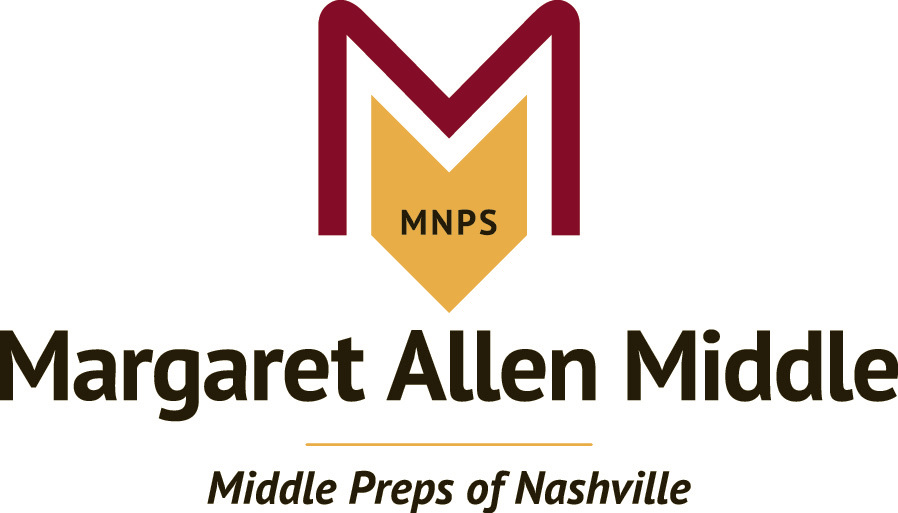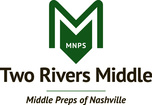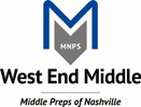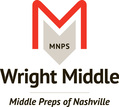|
One theory I now see in practice often is Maslow's Hierarchy of Needs. The premise of Maslow's theory is we need to have basic needs met BEFORE we can be in a psychological state for learning. Not only have I seen this theory in action at MNPS but with one of my own sons. Hence, the reason I'm excited about the work that the MNPS SEL department is leading in our district. Schools that are working to develop a safe, welcoming culture and climate are well on their way to increasing student success. I share about this collaboration not only to applaud them for their work in supporting student basic needs to foster learning, but to highlight how they have embedded the collaborative inquiry in their work. If your school chooses to have a culture and climate walkthrough using the tool that the SEL department developed through collaboration with national experts, then the collaborative inquiry process is used to analyze the data and develop next steps. To see an example of the collaborative inquiry process in action, please see the below minutes from Goodlettsville Elementary school's walkthrough. Babs Freeman-Lotis, from the SEL department, facilitated the discussion. Do you have examples or ideas for how the collaborative inquiry process might be used? If so, please feel free to contact Margie Johnson at [email protected].
0 Comments
This publication was not done alone. I want to thank the following middle schools for their contribution in getting the survey developed and published: Haynes, JFK, Margaret Allen, Two Rivers, West End, and Wright. I also want to thank Mary Laurens Seely and the district data coaches who helped. Along with the survey, REL Appalachia evaluators created us some other tools that have made the data analysis of the survey easier. They have a page with additional resources, which you can access here: http://relappalachia.org/products/rel-appalachia-reports/teacher-data-use-survey-tools-and-administration-guide/.
Fall 2016 TDUS Administration The TDUS will be administered in the Community of Practice schools from October 17-31. Links will be sent to CoP school administrators and site leads to disseminate to appropriate stakeholders. Please remember that the survey takes approximately 20 minutes or less. It is voluntary and completely anonymous. The data will be used to facilitate another collaborative inquiry working group meeting to discuss further support from central office for implementing collaborative inquiry.
If you have any questions or want to learn more, please feel free to reach out to Margie Johnson at [email protected]. In the last blog post, I shared about the beginning of the MNPS collaborative inquiry journey, which included identifying barriers to implementing collaborative inquiry. The IC Map (Innovation Configuration) Map for Collaborative Inquiry helped address the barrier of the lack of a common language. Another barrier identified by the stakeholder group was lack of leadership modeling, or as we call it "walking the walk." The identification of this barrier led to the development of an evaluation plan for collaborative inquiry. When implementing a new idea or strategy, creating an evaluation plan before implementation helps with monitoring progress. Through our partnership with REL Appalachia, MNPS received technical assistance for developing an evaluation plan and for building our capacity to use the plan to monitor our progress. With the evaluation plan created, the next step was to pilot it with the MNPS Collaborative Inquiry Community of Practice schools in the spring of 2016. To answer the evaluation questions, multiple sources of data sources were used. REL Appalachia liaison, Dr. Stephanie Wilkerson, helped MNPS develop data collection protocols, including the Teacher Data Use Survey (to be released by IES soon), Collaborative Inquiry interview protocols, and Collaborative Inquiry Focus Group protocols. Fortunately, the support did not stop there as Dr. Wilkerson and her staff worked with an MNPS team to build our capacity to collect the data necessary for answering the evaluation questions in the future when their assistance is no longer available. Finally, the data collected this spring was triangulated and used to develop the Preliminary Evaluation Report for the Collaborative Inquiry Community of Practice and Infographic. 5 Key Findings and Recommendation from the |
|||||||||||||||||||||
| Schools are applying collaborative inquiry practices in differing ways based on their school needs and school leadership. |
|
Key Finding and Recommendation #2
| The use of collaborative inquiry in schools is making a positive difference in how teachers approach using data to make evidence-based decisions. |
|
Key Finding and Recommendation #3
| MNPS teachers feel supported in implementing collaborative inquiry, but need more professional learning. |
|
Key Finding and Recommendation #4
| All schools see value in integrating collaborative inquiry with current initiatives to address key problems of practice. |
|
Key Finding and Recommendation #5
| To create a culture of collaborative inquiry in using data, a common language and integrated approach to implementation are needed at both the school and district levels. |
|
If you have any questions/feedback, please feel free to contact Margie Johnson at [email protected].
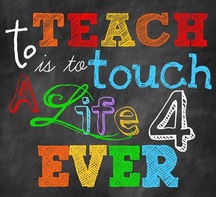
First, I want to wish everyone a Happy Teacher Appreciation Week!!! Thanks for all you do!
For the past two weeks, I have come across this term “collective efficacy.” Since this term is new to me, I wonder, what does that mean?
I like the definition Stephanie Hirsh shared in her blog post about Michael Fullan’s announcement of the power of collective efficacy. “Collective efficacy is educators’ beliefs that in working together, they have the capability to improve significant challenges in school” (Hirsh, 2016, April 7, para. 2). All in all, it is very similar to collaborative inquiry, which is “stakeholders working together to uncover and understand problems and to test out solutions together through rigorous data use and reflective dialogue” (N. Love, K.E. Stiles, S. Mundry, and K. DiRanna, 2009).
Given these two definitions, what do you think are the similarities and differences?
With that in mind, I have to share how excited I am to have all of you part of our community of practice. I truly believe that working together we can have so much more impact on our students’ success. However, developing this type of culture does NOT happen overnight. It takes time and support. Please remember that I am always an email away from providing any type of support you may need.
Finally, I want to share a new resource added to the Collaborative Inquiry Toolkit about trust: http://www.mnpscollaboration.org/component-c-culture-of-trust.html (last link on the page).
Next week's article is going to feature some collaborative meetings Haynes Middle Design Center have been having and how they are leveraging their collective efficacy to address a challenge.
If you have a best practice, success story, or lessons learned to share, please contact Margie Johnson at [email protected].
Reference:
Hirsh, S. (2016, April 7). Michael Fullan affirms the power of collective efficacy. Education Week Teacher's Learning Forward's PD Watch blog post. Retrieved from http://blogs.edweek.org/edweek/learning_forwards_pd_watch/2016/04/michael_fullan_affirms_the_power_of_collective_efficacy.html (If you can't access the article, please access a pdf version at this LINK.
Love, N., Stiles, K. E., Mundry, S., and DiRanna, K. (2009). Using data to improve learning for all: A collaborative inquiry approach. Thousand Oaks, CA: Corwin, Inc.
Some key points to highlight from the discussion about Hattie’s work include:
- One of the greatest variances within a school is the effectiveness of its teachers.
- Move away from ‘fixing teachers’ to mining the wealth of collaborative expertise within a building.
- Just bringing teachers together does not improve practice. Teacher collaboration needs to be on ‘the evidence of impact, common understandings of what impact means, the evidence and ways to know about the magnitude of this impact, and how the impact is shared across many groups of students’ (Hirsch, November 18, 2015).
When the Learning Forward conference was here in Nashville in December 2014, I had the opportunity to be in a session with Dr. John Hattie. He challenged us all to “Know Thy Impact.” By using data and focusing on meaningful talk about addressing root causes and monitoring our progress, we can better answer that question.
However, building a collaborative culture does not happen overnight. We must all work together to build our capacity to have meaningful collaborative conversations where data is at the center to ensure we are addressing root causes and not “surface level” issues.
What strategies are working for you and your team in building your capacity for leveraging collaborative expertise?
I’d love to learn more about it. Also, if any support is needed, please feel free to contact me at [email protected].
Here’s to a great week!
References:
Hirsh, S. (2015, November 18). Leverage the power of collaborative expertise. EdWeek Blog. Retrieved from http://blogs.edweek.org/edweek/learning_forwards_pd_watch/2015/11/leverage_the_power_of_collaborative_expertise.html
Today, Learning Forward shared an interesting study that finds link between school climate, teacher turnover, and student achievement in New York City Schools. You can access the study at this LINK.
Four aspects of middle school organizations were identified:
- Leadership and professional development;
- High academic expectations for students;
- Teacher relationships and collaboration; and
- School safety and order.
Of course, I was interested in the collaboration aspect of the study. Here are a couple highlights from their study about collaboration.
- "Over time, teachers improve their ability to raise student achievement more when they work in school environments characterized by meaningful opportunities for feedback, productive peer collaboration, responsive administrators, and an orderly and disciplined environment" (Kraft, Marinell, & Yee, 2016, p. 3).
- "The third factor, Relationships, primarily reflects items that capture the nature of teacher relationships and collaboration in a school and explains 14% of the total variance" (Kraft, Marinell, & Yee, 2016, p. 12).
After reading over the study, what are some insights you gained from it?
There is a professional resources reading list available as part of the collaborative inquiry toolkit located at http://www.mnpscollaboration.org/reading-list.html.
Are there other articles, research, and/or resources around collaboration that you can share?
If so, please email them to Margie Johnson at [email protected].
Email Subscription
Click HERE to subscribe to receive emails for the blog posts.
Archives
February 2018
January 2018
December 2017
November 2017
October 2017
September 2017
August 2017
July 2017
June 2017
May 2017
April 2017
March 2017
February 2017
January 2017
December 2016
November 2016
October 2016
September 2016
August 2016
July 2016
June 2016
May 2016
April 2016
March 2016
February 2016
Categories
All
Agenda Template
Behavior Plan
Central Office
Collaboration
Collaborative Professionalism
Collective Efficacy
Community Of Practice
Community Partners
Component A
Component B
Component C
Conference Presentations
Culture
Data Guide
Equity And Diversity
Evaluation Plan
Exceptional Education
Family Engagement
IC Map
Laura Lipton
Leadership
Leading Collaborative Teams
Literacy
Maximizing Time
Mission
MNPS Data Warehouse
NAZA
PreK
Psychological Safety
REL Appalachia
Relational Load
Research
School Spotlight
SEL
SIP
Social Capital
TDUS
Trust
Vision
Welcome
Workshop Materials
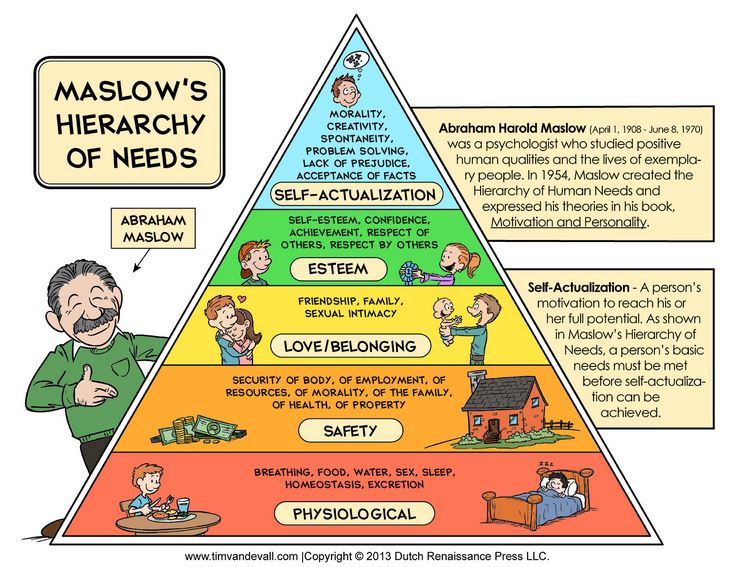
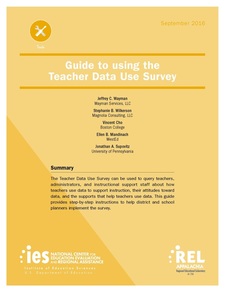
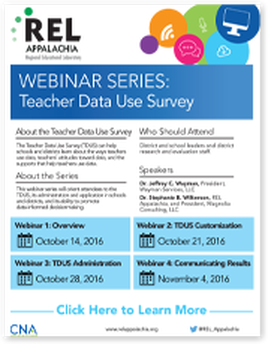
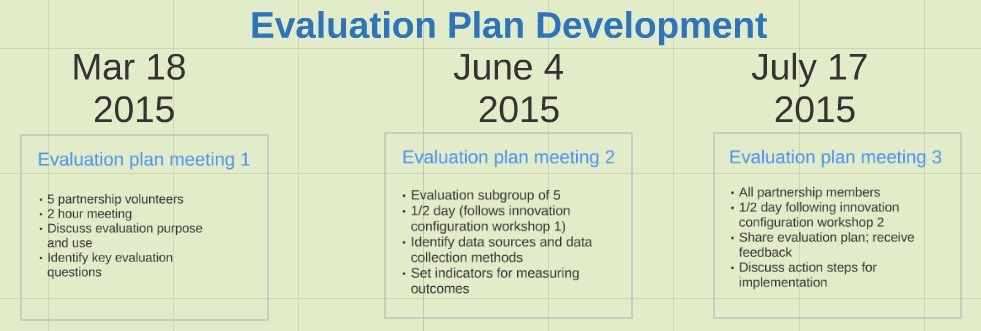
 RSS Feed
RSS Feed

